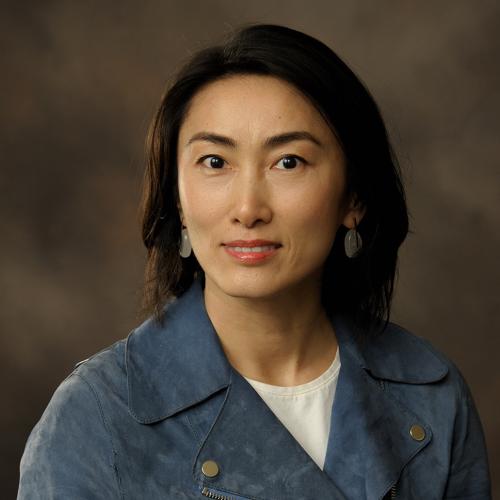Associate Professor Yun Huang has been named a 2024-2025 Linowes Fellow by the Cline Center for Advanced Social Research at the University of Illinois. The fellowship "provides exceptionally promising tenure-stream faculty with opportunities for innovation and discovery using the Cline Center's data holdings and/or analytic tools."
Huang will work on her project, "Designing for Clarity: Improving Interpretation of Police Use of Force Data." She will use the Cline Center's SPOTLITE (Systematic Policing Oversight Through Lethal-force Incident Tracking Environment) dataset, which allows researchers to search for incidents in which police use firearms or other forms of force resulting in death and visualize patterns of such incidents. For the project, Huang will identify factors that need to be included in the SPOTLITE dashboard so that various stakeholders—including the general public, journalists, law enforcement agencies, and educators—can better interpret the information. She will explore effective interaction designs for SPOTLITE, with the goals of enhancing public understanding and trust and promoting transparency and accountability in law enforcement.
"I have been working on exploring how different contextual factors affect people's incident reporting behavior and collaborating with local police agencies for more than ten years," said Huang. "This project will continue in this vein by identifying a wide range of contextual factors involved in police use of lethal force incidents."
Huang specializes in human-AI interaction and social computing. She is passionate about developing systems that foster collaborative innovation between humans and AI, whether it is to conceive new services or enhance existing ones. Her work is sponsored by government agencies such as the National Science Foundation, Institute of Museum and Library Services, and Administration for Community Living, as well as companies such as OpenAI, Google, and IBM. Huang received her PhD from the Donald Bren School of Information and Computer Sciences at the University of California, Irvine.
